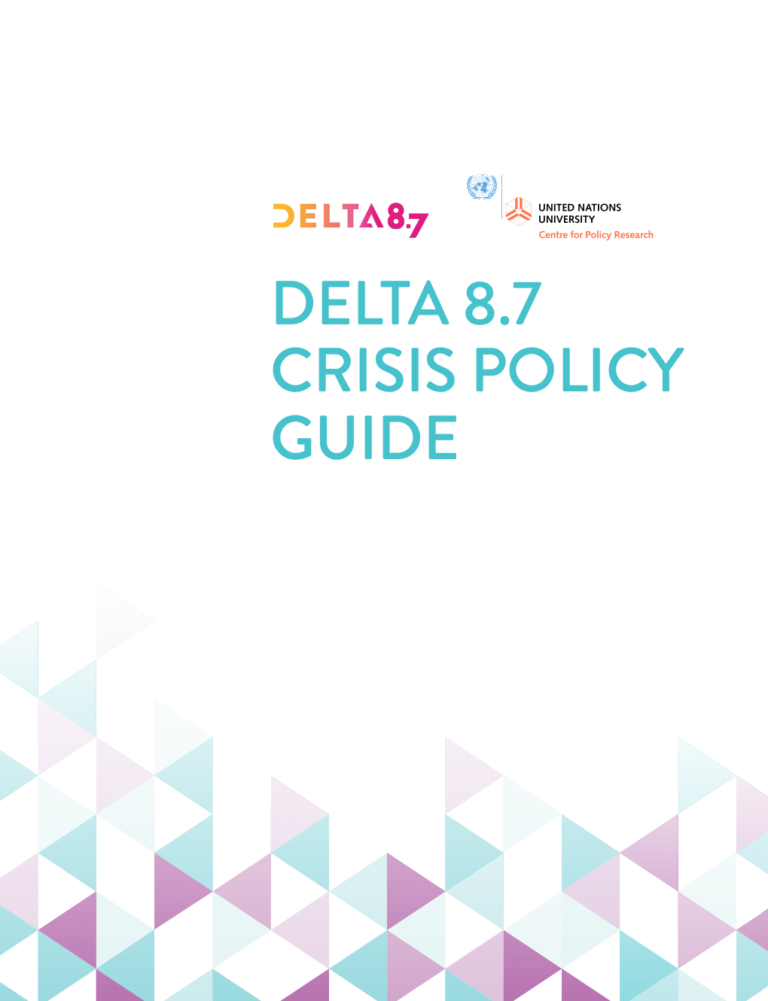In many ways, our understanding of the links between modern slavery and humanitarian crisis is still nascent. Just over five years ago, the United Nations held its first thematic debate on human trafficking, specifically condemning, “in the strongest terms, reported instances of trafficking in persons in areas affected by armed conflict.” Resolution 2388 of November 2017 emphasized the importance of this issue at the international level and highlighted the specific vulnerabilities of women and children to exploitation during conflict and post-conflict situations. The Resolution stressed that trafficking undermines the rule of law and contributes to other forms of transnational organized crime that could exacerbate conflict and foster insecurity and instability, therefore undermining development. Subsequently, the intersection between modern slavery and conflict and, more broadly, crisis situations including climate change, has been subject of many Resolutions and UN and civil society reports.
Despite commitments at the international level, there is limited evidence of “what works” to combat modern slavery in crisis situations. This is not surprising given the breakdown of law and order, increased insecurity and instability, and constantly evolving scenarios that take place during crises. Recognizing these challenges, but also the importance of comprehensive reviews to improving the understanding of effective policy responses, this Working Group was tasked with identifying and assessing the evidence base to identify promising practices, or “what works,” to eradicate modern slavery in crisis situations. The purpose of this Policy Guide, therefore, is support the achievement of Target 8.7 by determining promising policy responses in terms of preventing and responding to modern slavery in crisis situations and protecting those who are vulnerable to exploitation as a result.

